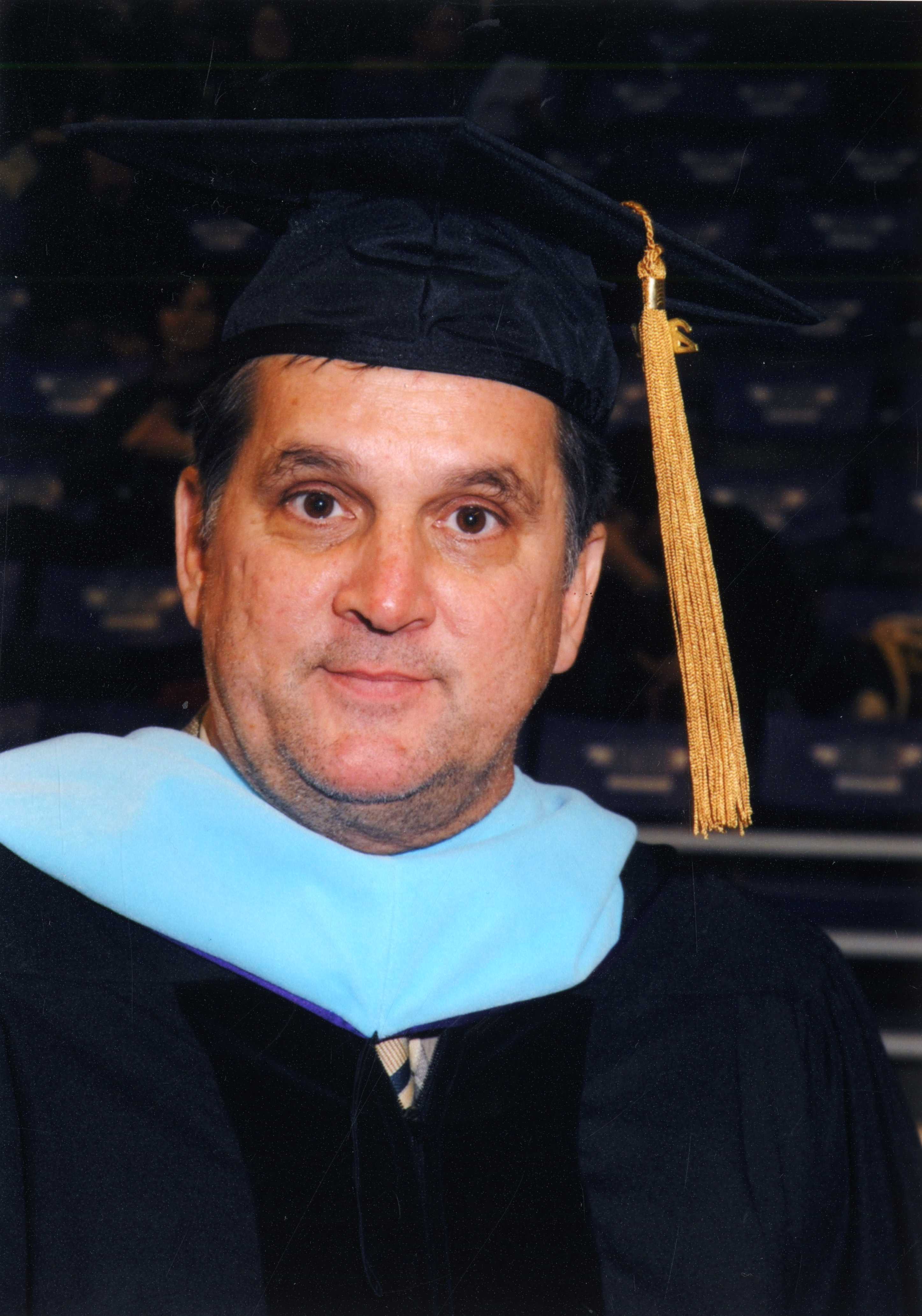
Mid
Winter 2012
CATESOL2012
Preview with
Judith
O'Loughlin
Ranomafana
Project
by
H.G. Scott
Free Spirits
by
Robb
Scott, Ed.D.
Efficacy
by Robb
Scott, Ed.D.
![]()
/Index/
/Letters/
/Profiles/
/Search/
/Podcasts/
![]()
Subscribe
for free!

Helping Students Develop Self-Efficacy
Ways Teachers Can Respond to Errors
I have often referred to John Dewey's explanation of progress in learning as requiring repeated experiences of hitting a target.
Yet just as important as successful episodes of hitting the target, or achieving goals and objectives, is the ability to incorporate into progress what we learn from mistakes and errors. "If efficacy beliefs always reflected only what people can do routinely," says Bandura, "they would rarely fail but they would not set aspirations beyond their immediate reach nor mount the extra effort needed to surpass their ordinary performances."
In other cases, tentativeness can turn to fear, as suggested by Orison Swett Marden, as quoted in a book, "Suggestion and Autosuggestion," by Charles Baudouin (1922):
But mediocrity and predestined failure are only the two most obvious dangers for individuals who have not developed a strong sense of self-efficacy in their learning and living experiences. The third risk is that of not understanding how to incorporate errors and failures into a learning process that would eventually lead to success.
Thomas Edison is popularly said to have responded to a reporter's question about him having failed many times en route to inventing the light bulb by answering that he hadn't failed, but that there had been that many steps in the process of succeeding.
One important question for every teacher is how best to respond to mistakes that are made by students. How can we react so that mistakes and failures are incorporated into the learning process, help to generate the scaffolding a student needs in order to expand knowledge and skills, and provide students with a wider perspective to be able to acknowledge and appreciate the roles of errors in the ultimate achievement of success.
I have often recounted an embarrassing drubbing I received at the hands of an opponent in a state wrestling competition when I was 12 years old. I lost the takedown, and was turned over onto my back for predicaments and near falls during the rest of the first period. In the second period, my opponent immediately scored a reversal and then proceeded to turn me onto my back again and again, forcing me to save myself each time by bridging and using my shoulder and neck muscles to extricate myself from the holds he was implementing. About a minute into the second period, I had become quite frustrated and also realized that the score was becoming downright ridiculous, perhaps 20 to 0 or something like that. The next time I found myself on my back, I either would not or could not get out of it, and I was pinned. It was a humiliating defeat, to say the least.
As I walked off the mat, I saw Mr. Steve Wolf, who had been my wrestling coach the year before, in fifth grade, and he shook my hand heartily and said, "Where did you learn to bridge like that?," full knowing that he had strongly emphasized bridging skills and made us practice them over and over again.
Both Dewey and Bandura are right. As teachers, we must help our students to experience hitting the target, again and again, and even when they experience failure, we need to help them focus on what part they did right in order to keep developing their self-efficacy. That is how mistakes and failures can be converted into Edison's "steps" toward achieving learning goals.
But teachers have one more challenge to face if they want to establish environments that stimulate and encourage not only learning, but just as importantly, a sense of self-efficacy in students that can carry them through the difficulties they inevitably will encounter in their lives, when it really matters. As teachers, we must strive and aspire to achieve our own goals as well, and allow our students to see us sometimes struggling in the process, inevitably making our own mistakes and carrying on through failures, driven by our own sense of self-efficacy. In other words, we cannot be afraid for students to see us make errors, and the way we respond to our own errors can help students to understand what it is really like to live and learn.
2012 ESL MiniConference Online
PDF conversion by PDF Online
 No one can gainsay the extreme importance of these kinds of experiences in the development of a person's self-efficacy, because, in Bandura's words, "People must have a robust sense of personal efficacy to sustain the perseverant effort needed to succeed."
No one can gainsay the extreme importance of these kinds of experiences in the development of a person's self-efficacy, because, in Bandura's words, "People must have a robust sense of personal efficacy to sustain the perseverant effort needed to succeed."
if your thought is saturated with the fear
of failure, it will kill your efforts,
neutralize your endeavors and make success
impossible." - Orison Swett Marden
Article by Robb Scott, Ed.D.
DrRobbScott@gmail.com